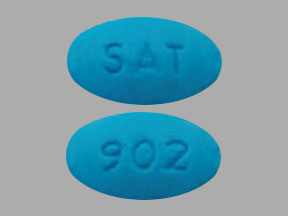
Uretron D/s Coupons & Savings Card – Discount Prices from $40.18
My prescription
Edit
81.6MG, Uretron D/s (30 Tablets)
Select pharmacy

CVS
$76.06
COUPON PRICE
Walmart
$40.18
COUPON PRICE
Walgreens
$51.17
COUPON PRICE
Albertsons
$59.51
COUPON PRICEUretron D/s savings card
Show this card to your pharmacist
Walmart
$40.18
BIN
ID
PCN
GRP
019876
LHF56A5540
CHIPPO
LHX
Powered by
Price history for Uretron D/s
30 Tablets, 81.6MG
Average retail price for Uretron D/s
Average SaveHealth price for Uretron D/s
Our price history data is based on aggregated prescription data collected from participating pharmacies in America. Our prescription data updates daily to reflect the latest price changes. If you notice a missing data point, it means there wasn't sufficient data available to generate a monetary value for that date.
*Retail prices are based on pharmacy claims data, and may not be accurate when we don't have enough claims.
Uretron D/s dosage forms
Dosage Quantity Price from Per unit 81.6MG 30 Tablets $40.18 $1.34 81.6MG 100 Tablets $178.23 $1.78
| Dosage | Quantity | Price from | Per unit |
|---|---|---|---|
| 81.6MG | 30 Tablets | $40.18 | $1.34 |
| 81.6MG | 100 Tablets | $178.23 | $1.78 |
How much is Uretron DS?
The cost of Uretron DS can vary depending on the pharmacy, location, and whether the patient has insurance coverage. It is recommended to check with local pharmacies or online pharmacy services for the most accurate and up-to-date pricing information.
Using the SaveHealth discount card, what is the price of Uretron D/s without insurance?
Using the SaveHealth discount card, the price of Uretron D/s without insurance is $40.18.
What is the price of Uretron D/s at CVS?
The price of Uretron D/s at CVS is $76.06.
What is the price of Uretron D/s at Walgreens?
The price of Uretron D/s at Walgreens is $51.17.
What is the price of Uretron D/s at Walmart?
The price of Uretron D/s at Walmart is $40.18.
